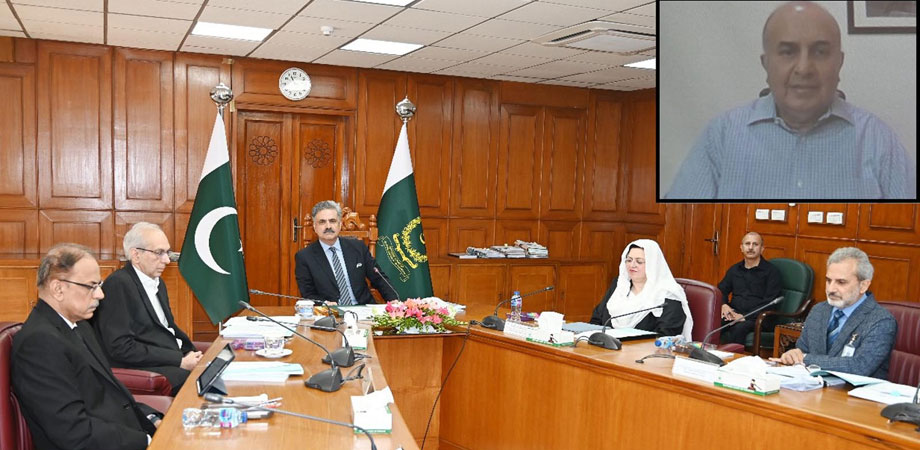Supreme Judicial Council Addresses Complaints and Judicial Reforms
The Supreme Judicial Council (SJC) has made several key decisions in recent meetings, focusing on the handling of judicial complaints and the development of internal procedures. According to sources, the council rejected a proposal to make public the names of judges against whom complaints have been resolved. This decision aligns with the SJC’s long-standing practice of maintaining confidentiality in such matters.
During a meeting chaired by Chief Justice of Pakistan, Justice Yahya Afridi, the SJC reviewed 24 complaints filed under Article 209 of the Constitution. The council unanimously dismissed 19 of these complaints, while five were deferred for further consideration. The session, which lasted two hours, included participation from several senior judges, including Justice Mansoor Ali Shah, Justice Munib Akhtar, Justice Aalia Neelum, and Justice Junaid Ghaffar. Justice Syed Mansoor Ali Shah joined via video link, highlighting the importance of the discussions.
Tolong support kita ya,
Cukup klik ini aja: https://indonesiacrowd.com/support-bonus/
In addition to reviewing complaints, the SJC approved the proposed draft of the Supreme Judicial Council Secretariat Service Rules, 2025. This step is expected to streamline administrative processes within the council. The council also decided that the procedure for inquiries and amendments to the Code of Conduct needed further legal and drafting review. These matters will require more deliberation before finalization.
Focus on Judicial Performance and Institutional Response
The SJC’s decisions come amid broader efforts to enhance judicial performance and address critical issues within the legal system. On Friday, the National Judicial Policy Making Committee (NJPMC) took significant steps to tackle the issue of enforced disappearances, a persistent concern in the country. The committee formed a “dedicated committee” to develop an institutional response to this complex problem.
This initiative was announced during the 53rd meeting of the NJPMC, which was chaired by Chief Justice of Pakistan (CJP) Yahya Afridi. The meeting was attended by chief justices of various high courts, as well as the Additional Attorney General for Pakistan, Mansoor Awan. During the session, members discussed key policy issues and adopted several measures aimed at improving judicial performance.
One of the primary focuses was on integrating technology into judicial processes to enhance efficiency and transparency. The committee also emphasized the need for citizen-centric justice delivery, ensuring that the legal system remains accessible and responsive to the public.
The press release from the Supreme Court highlighted that the judiciary would not compromise on its constitutional duty to safeguard fundamental rights. In particular, the committee took “serious notice of the enforced disappearances” and resolved to address the issue through institutional mechanisms. This approach involves collaboration with the executive branch, with communication facilitated through the Additional Attorney General.
Ongoing Reforms and Future Steps
The SJC continues to work on refining internal procedures and addressing systemic challenges. The decision to defer certain complaints reflects the council’s commitment to thorough and fair evaluation. Similarly, the approval of the new service rules indicates a focus on modernizing administrative functions.
Looking ahead, the SJC and NJPMC are likely to engage in further discussions on judicial reforms, especially regarding the enforcement of legal standards and the protection of individual rights. These efforts are essential in maintaining public trust in the judiciary and ensuring that the legal system operates effectively and transparently.
As the legal landscape evolves, the role of the SJC and other judicial bodies becomes increasingly important. Their decisions and initiatives shape the future of justice delivery in the country, reflecting a balance between accountability, confidentiality, and the rule of law.







